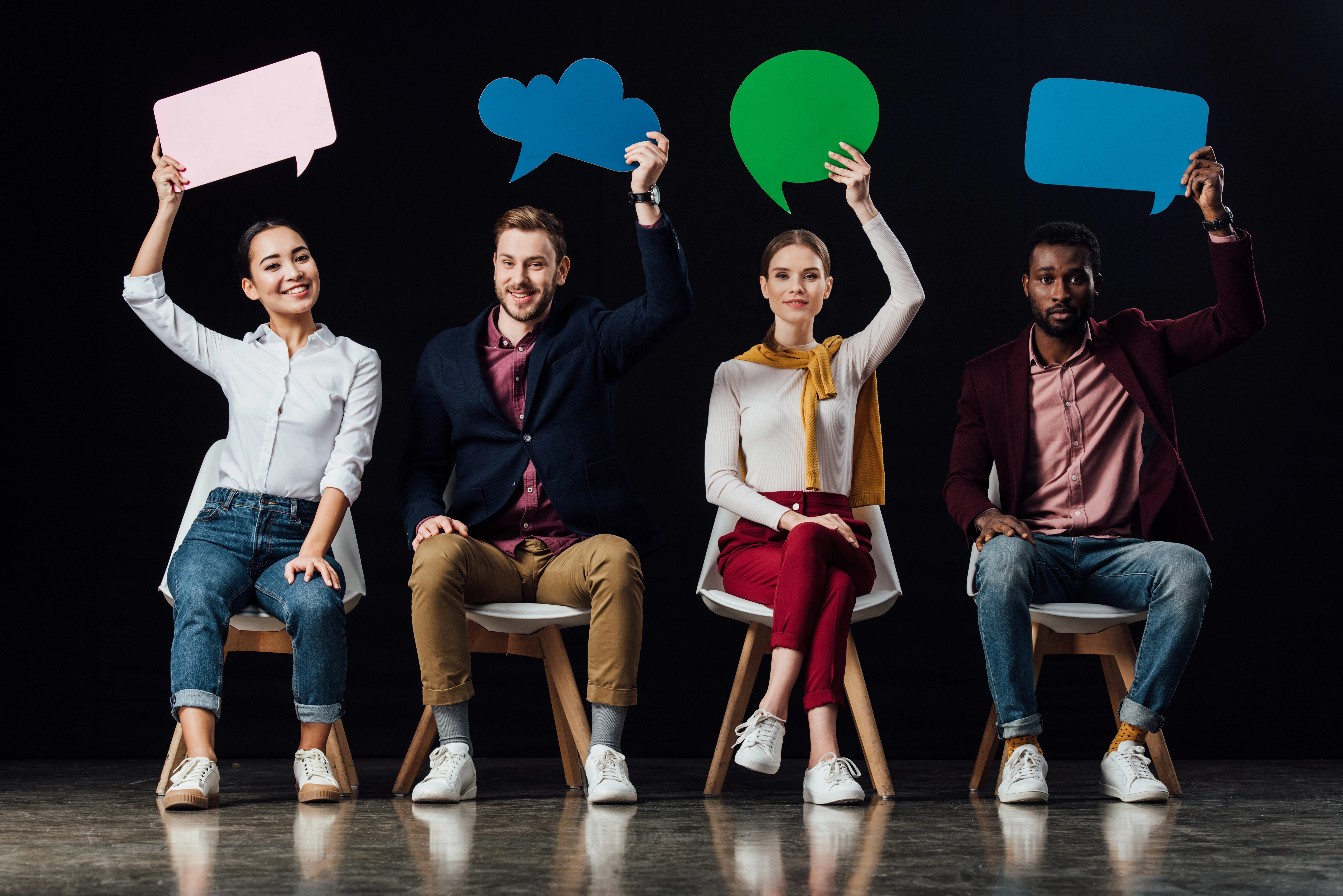I was recently at an event where a speaker declared that art is the most important form of free speech. That caught my attention. Art does something remarkable. Art reaches beyond words, stirs emotion, and can spark movements. Think of how a performance on stage, a mural on a wall, or a song in a crowded hall has the power to give voice to what otherwise might remain unspoken.
Later, I asked a friend what they thought. Their answer was different: freedom of the press is the most important. Without a free press, they argued, we lose accountability. We lose truth. We lose the ability to hold the powerful in check.
Both points made sense to me. But I pushed back with my own perspective: without the protection of individual free speech – the right for anyone, anywhere, to speak their truth – neither art nor journalism could survive. Individual free speech is the bedrock upon which all other forms of expression rest.
The Chain of Freedoms
We often think of free speech as one big, abstract right. Yet, in practice it shows up in different forms:
- An actor performing a play that challenges convention.
- A painter creating a controversial mural.
- A reporter digging into city hall.
- A citizen speaking up at a local meeting or protest.
- A person practicing their faith openly without fear.
Each of these forms of expression matters, but they don’t stand alone. They form a chain of freedoms that are linked together.
If individuals cannot speak without fear, the playwright never writes the script. If individuals cannot share what they see and experience, journalists have no stories to tell. If individuals cannot express their faith, religion itself is hollowed out.
Art, religion, and journalism all depend on the more fundamental guarantee that every person can speak freely.
Why It Matters Now
This isn’t just a theoretical debate. These freedoms are under pressure today and are being actively tested in ways that should concern us all.
- The Press: Local journalism is shrinking, but that’s not the only challenge. The federal government itself has put pressure on journalists and outlets it disagrees with, threatening both independence and accountability.
- Education: Schools and universities face mounting political influence, with mandates on what can or cannot be taught. When institutions are forced to conform to official narratives, education loses its role as a space for inquiry and truth.
- Art and Culture: From theaters to museums, cultural spaces are under pressure to present stories in ways that satisfy those in power. Instead of being places for creativity and challenge, they risk becoming tools of conformity.
- Individual Speech: Online and offline, individuals encounter restrictions, whether through laws, policies, or corporate filters that shape what voices are heard and which ones are silenced.
Each of these is not just an inconvenience, they are deliberate pressures on the freedom to speak, create, and question. And when those pressures succeed, the very foundation of democracy weakens.
Free Speech as Civic Infrastructure
I often think of free speech as civic infrastructure. Just as roads allow us to move and connect, free speech allows us to share ideas, debate issues, and build community. Without it, the whole system weakens.
And here’s the hard truth: free speech is rarely comfortable. It requires us to allow voices we disagree with, performances that unsettle us, and reporting that challenges our assumptions. The real test of free speech isn’t whether we defend the ideas we like, it’s whether we defend the right to express the ones we don’t.
My Takeaway
So, is art the most important form of free speech? Or is it the press? I don’t think the answer is either/or. Art, journalism, religion, and civic participation are all vital. But they are only possible because of something deeper.
At the root is the right of every individual to speak, to be heard, and to take part in shaping the conversations of our communities. That’s the foundation of every democratic society, and it’s the freedom that makes all others possible.
When we lose sight of that, we risk losing the rest.
Closing Thought
Art stirs our hearts. Religion shapes our values. Journalism informs our minds. But it’s individual free speech, the freedom for each of us to raise our voice, that makes them all possible. That’s why we must protect it, nurture it, and never take it for granted.
Because when every voice has the right to speak, all of us gain the freedom to imagine, to believe, to question, and to create a future together.



